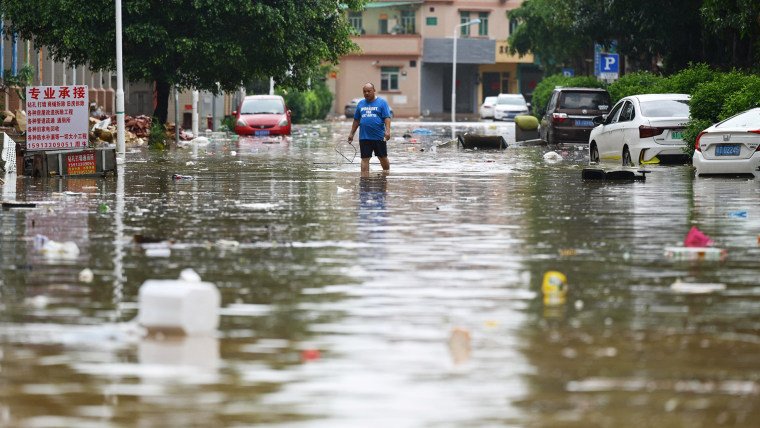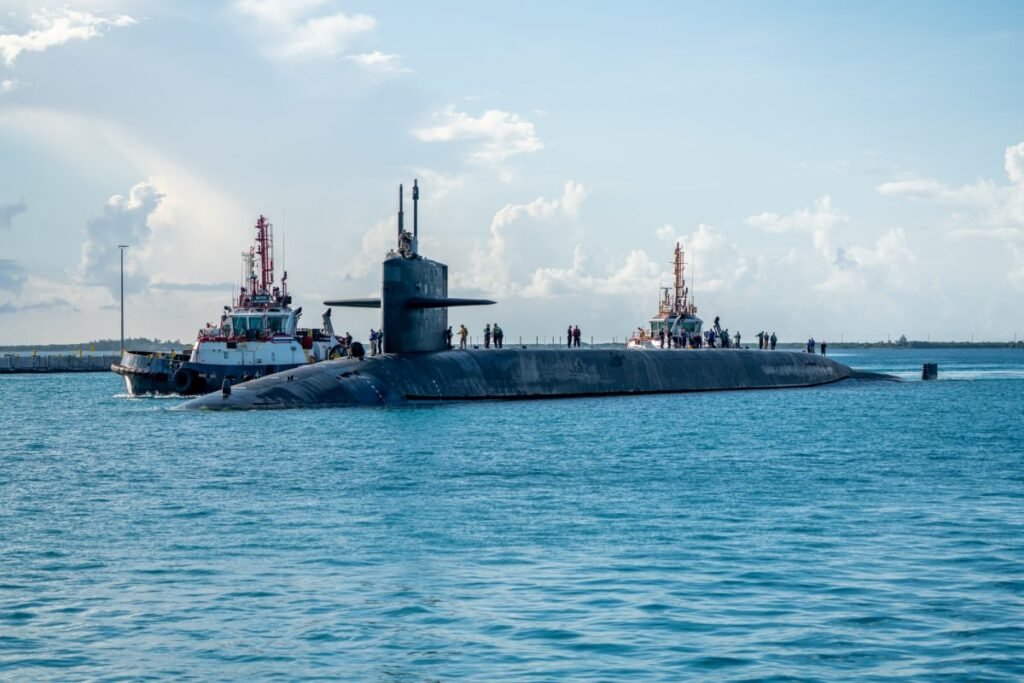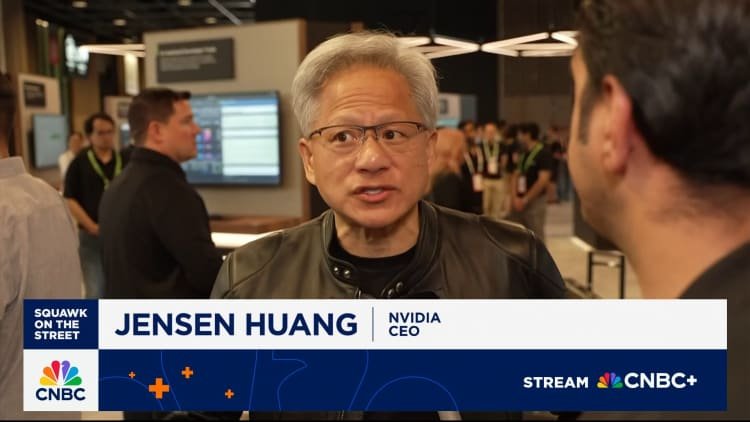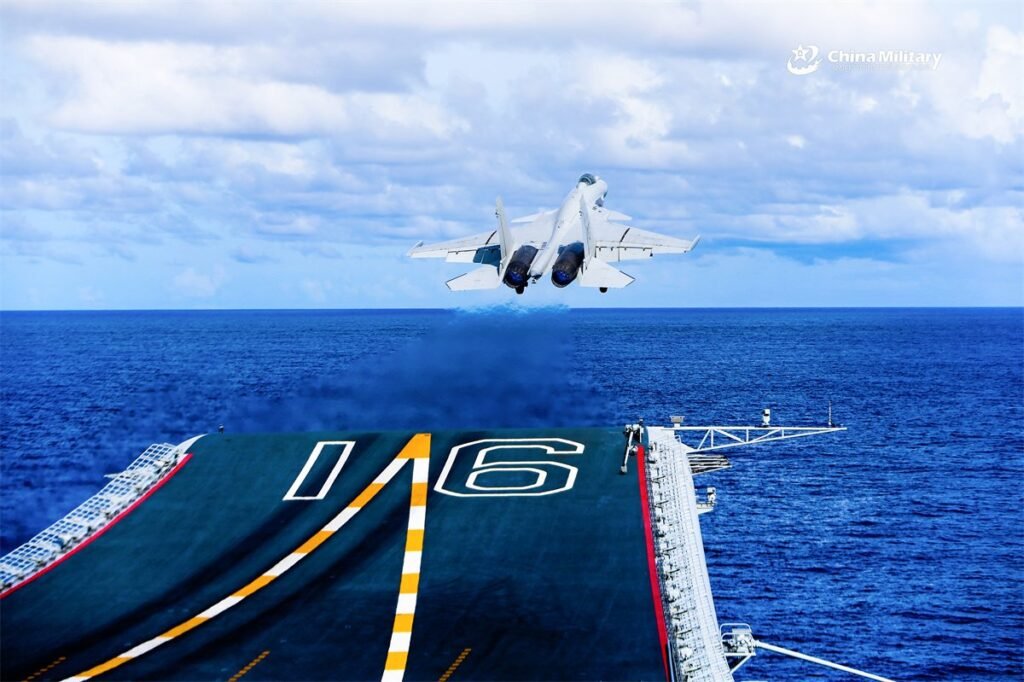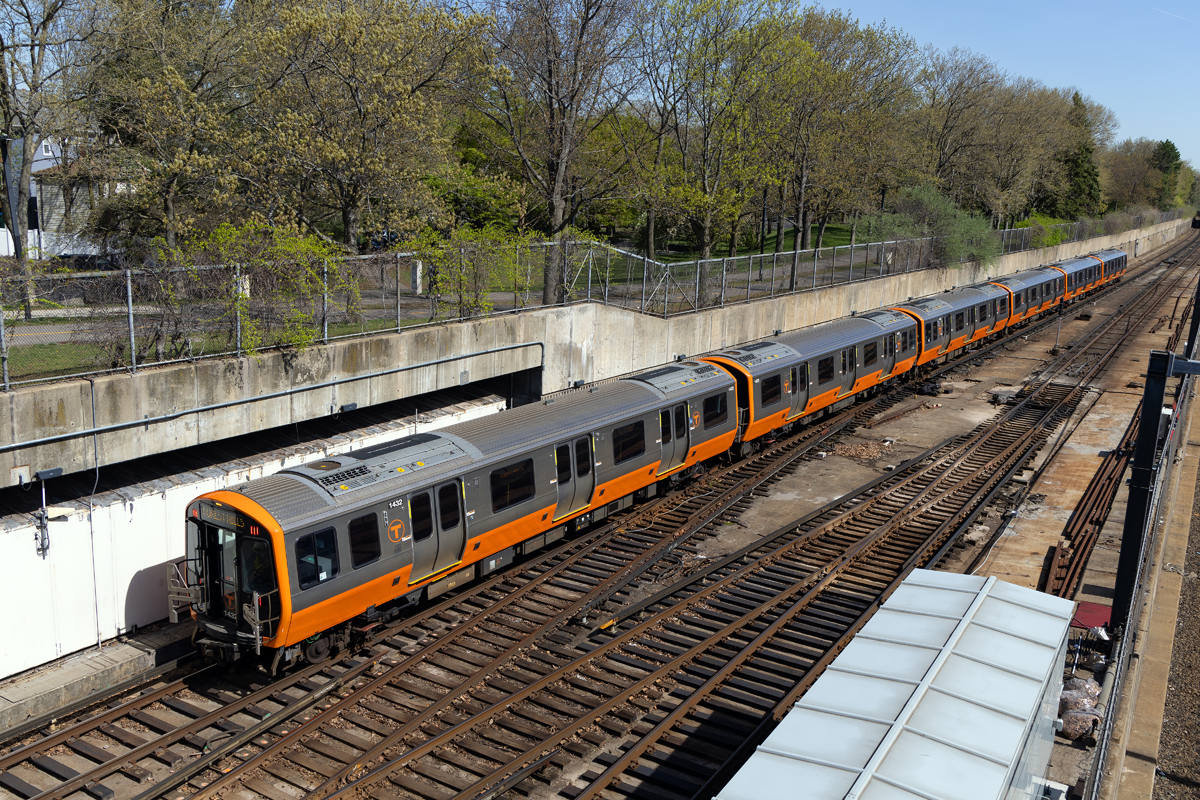
BOSTON — The Massachusetts Bay Transportation Authority’s troubled deal with China’s CRRC for rapid-transit equipment has a new problem: components have been confiscated by U.S. Customs and Border Protection agents.
Public broadcaster WGBH reports railcar shells and other parts manufactured in China for completion at a plant in Springfield, Mass., have been seized by customs officials over alleged violation of a 2021 U.S. law preventing import of goods manufactured using forced labor by ethnic minorities in China’s Xinjiang region.
CRRC said in an email to the broadcaster that it has “maintained rigorous compliance reviews … and confirms that no entity involved in these shipments is linked to any violation of the Uyghur Forced Labor Prevention Act or use of forced labor.” The company said it provided documentation demonstrating compliance to Customs and Border Protection officials. CBP did not comment.
The MBTA says the plant in Springfield has enough components on hand to continue production through the remainder of this year. “What — if any — impacts this current issue has on the future delivery schedule is not immediately clear,” MBTA spokesman Joe Pesaturo told WGBH. “But the MBTA and its contractor are committed to finding a resolution that allows production to continue well past this year.”
CRRC had previously said the Trump administration’s tariffs on Chinese imports would increase costs, affect the supply chain, and “negatively impact railcar production,” as the CommonWealth Beacon reported in April.
The Rail Security Alliance, a trade group long opposed to Chinese involvement in the U.S. rail industry, said it applauded the Trump Administration and CBP for the seizures. RSA Executive Director Erik Olson said in a statement that “CRRC’s use of forced Uyghur and child labor for train shells and railcar components has been widely reported going back years,” citing a 2020 report by the Australian Strategic Policy Institute that it says was confirmed by reporting this year by the New York Times, the Bureau of Investigative Journalism, and Der Spiegel.
“We are grateful for CBP’s attention to CRRC train shells and components,” Olson said, “and the materials within the full supply chain, ‘requiring full traceability of certain raw materials—down to the level of ore extraction and smelting.’”
The Australian report mentions CRRC among 82 companies “potentially directly or indirectly benefitting from the use of Uygher workers … through abusive labor transfer programs.” The reporting by the New York Times and its partners confirms a practice of moving Uygher workers to factories outside of the region to circumvent the U.S. law, but CRRC is not among the companies it cites.
The MBTA’s order for 404 cars for its Red and Orange lines has been plagued by malfunctions when first placed into service, quality-control problems, and pandemic-related delays, among other issues. The cars were all to have been delivered by 2023, but last year, the MBTA agreed to pay an additional $148 million to have the order completed by 2027 [see “MBTA to pay more …,” Trains News Wire, March 29, 2024]. Without doing so, the transit agency said, the order would not have been completed before 2029. The additional payment will push the cost of the order, once $567 million, to more than $1 billion.



